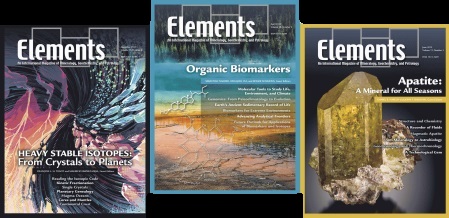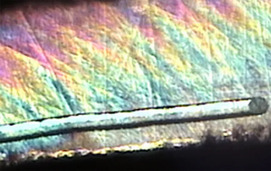The Role of LA–ICP–MS in Palaeoclimate Research
Past environmental parameters such as temperature, pH and CO2 can be reconstructed from chemical ‘proxies’ (elemental and isotopic compositions) stored in various ‘archives’ such as corals, foraminifera and bivalves. Versatile, rapid, simple and comparatively inexpensive microanalysis via laser ablation inductively coupled plasma mass spectrometry (LA–ICP–MS) provides precise and accurate proxy data and chronologies at micrometer resolution. Moreover, LA–ICP–MS can extract data at a high-temporal resolution from continuously growing samples and even works on partially altered samples. The latter enhances our understanding of ‘deep-time’ palaeoclimate events. Using case studies of various carbonate-hosted archives (coralline algae, giant clams) to illustrate multi-proxy mapping (temperature, pH) and chronology, we showcase current methodological practice and achievements. We conclude with an outlook on likely future LA–ICP–MS developments relevant to palaeoclimatology.
The Role of LA–ICP–MS in Palaeoclimate Research Read More »


